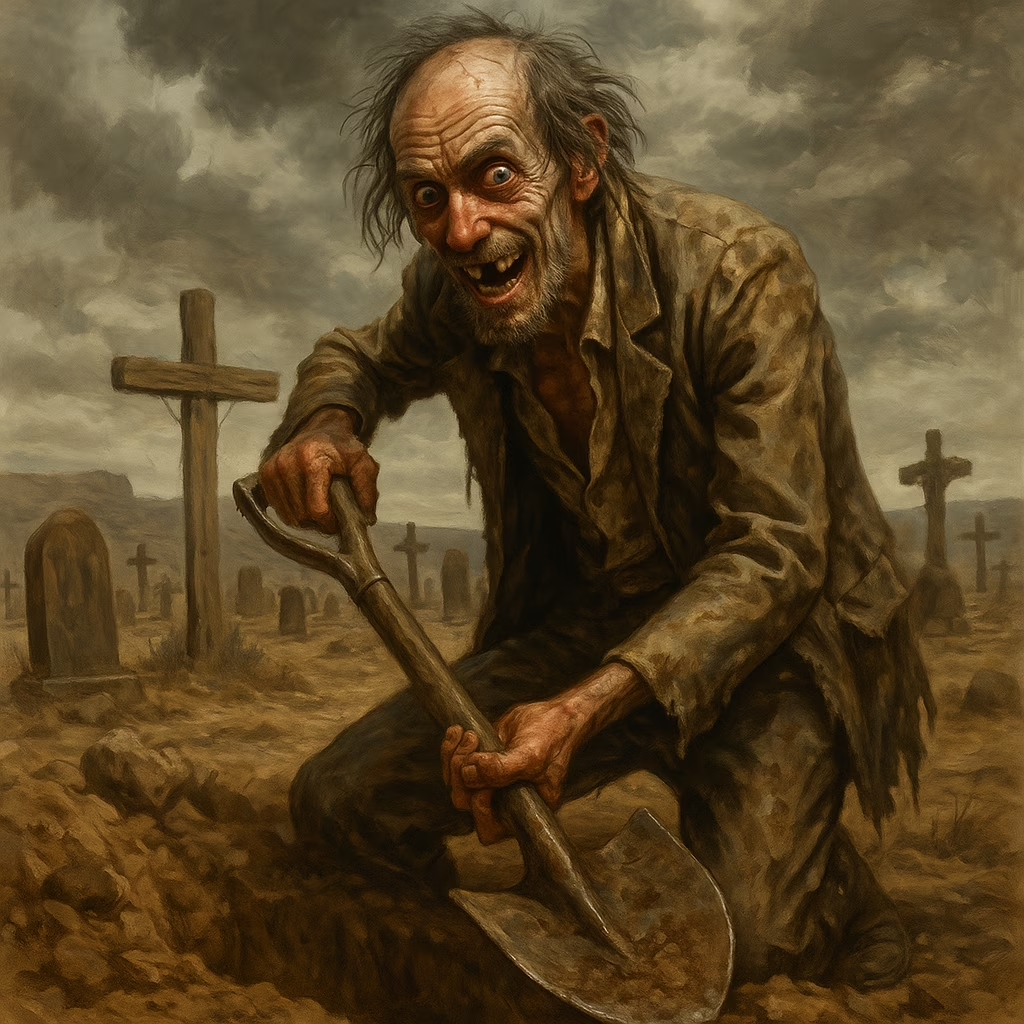As anticipation builds for Rockstar Games' next installment in their acclaimed Western series, industry insiders and gaming enthusiasts alike are speculating about the direction Red Dead Redemption 3 might take. With the game reportedly in early development stages, one element stands out as particularly crucial to the franchise's storytelling formula: the protagonist's connection to a tight-knit group or gang that drives both narrative and emotional engagement.
The Legacy of the Van Der Linde Gang
The impact of the Van Der Linde gang on the first two Red Dead Redemption titles cannot be overstated. This band of outlaws served as the emotional backbone that elevated the series from mere action-adventure to a deeply moving narrative experience. Four years since Red Dead Redemption 2's release, the game continues to attract new players and maintain a dedicated community – a testament to how profoundly its character dynamics resonated with audiences.

The genius of RDR2's approach was how it positioned Arthur Morgan within this family-like structure, allowing players to witness both joyful camaraderie and heartbreaking betrayal. From boisterous camp celebrations to tense confrontations as Dutch's grand plans unraveled, these interactions created a rich tapestry of relationships that made the gang's eventual collapse genuinely devastating. I still remember feeling a genuine sense of loss when certain characters met their fates – a rare achievement in gaming storytelling.
Why Gang Dynamics Matter
The Van Der Linde gang wasn't merely window dressing; they were integral to what made both games' emotional journeys so compelling. As gaming critic Jordan Ramirez noted at last month's GameVision 2025 conference, "The gang provided context, motivation, and stakes for every major decision the protagonist made."
Consider these key elements that made the gang dynamic so effective:
-
Shared struggle and purpose – The outlaw lifestyle and Dutch's vision gave meaning to the characters' actions
-
Conflicting loyalties – Creating tension between personal morality and gang obligations
-
Diverse personalities – Each member brought unique perspectives and relationships to the protagonist
-
Emotional investment – Players grew attached to supporting characters, making their fates meaningful
The Future of Red Dead Redemption 3
While Rockstar remains characteristically tight-lipped about RDR3's development, the studio would be remiss to abandon what worked so brilliantly in previous installments. Whether the game follows the remaining Van Der Linde members, explores an entirely new gang, or perhaps even examines the early days of law enforcement in the dying West, the protagonist's connection to a core group seems essential.
Based on industry trends and Rockstar's evolution, I predict we'll see an even more nuanced approach to group dynamics in RDR3, potentially with:
-
More dynamic relationship systems that evolve based on player choices
-
Deeper exploration of competing factions within the protagonist's circle
-
Enhanced camp/hideout mechanics that reflect the group's fortunes
-
More opportunities for meaningful side stories with supporting characters
"The magic of Red Dead has always been in making players care about these digital companions,